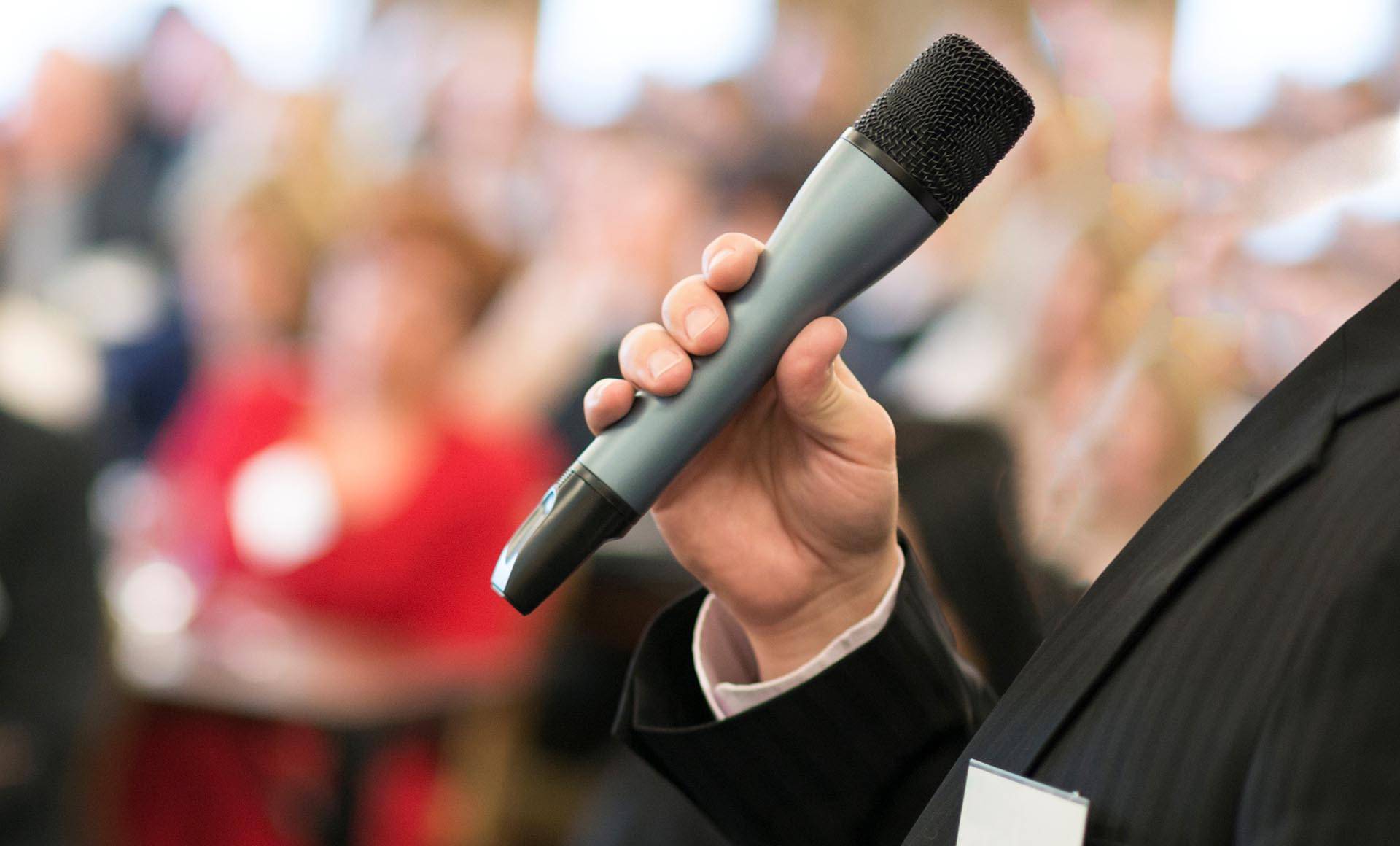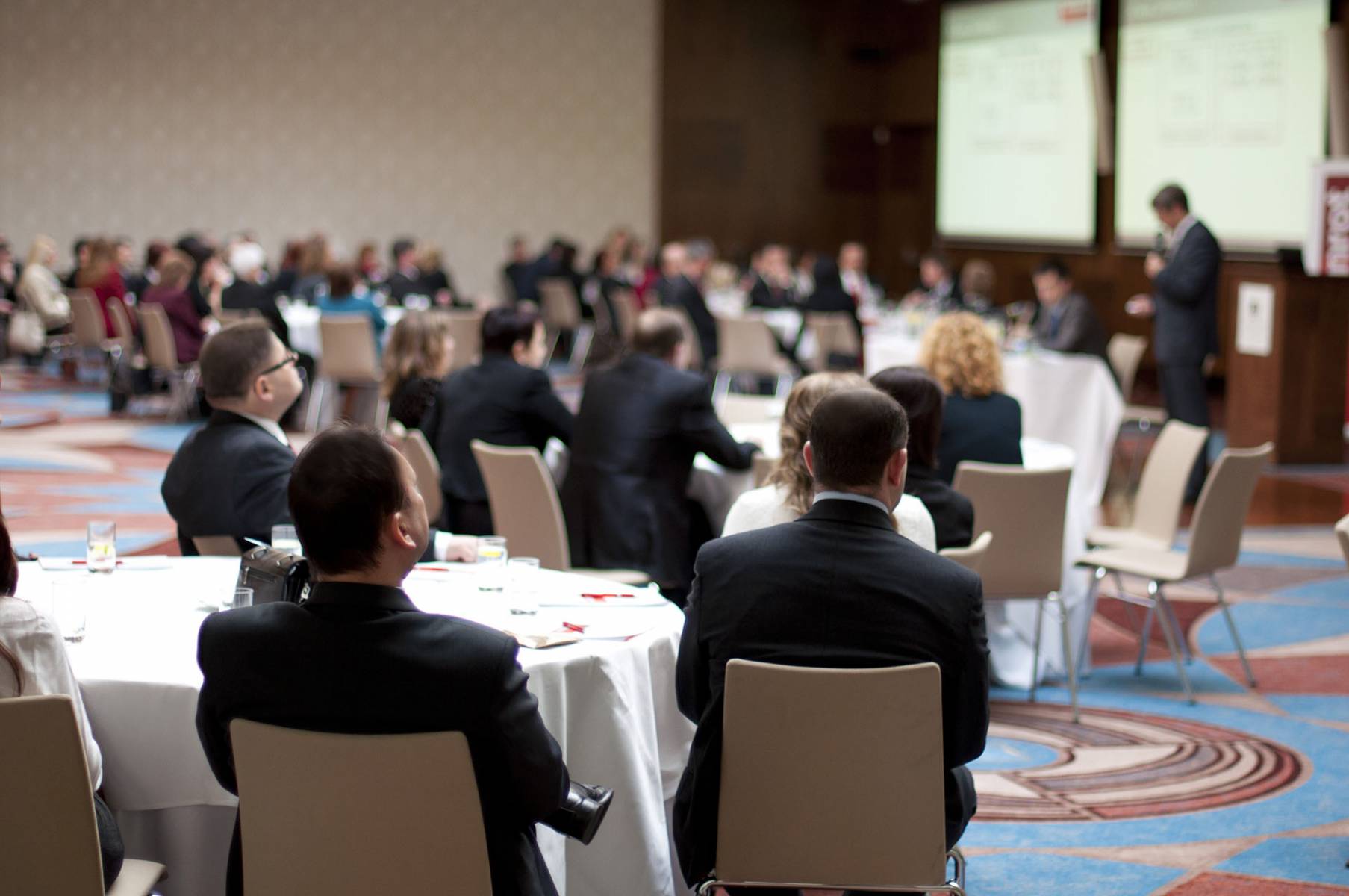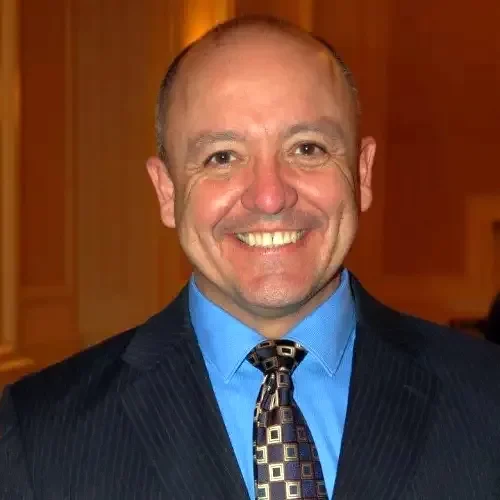Executive Communication

How to connect with your Audience?

Executives have a significant role within any organization. They are responsible for productivity goals, maintaining a fruitful work environment, and anticipating future challenges. They are accountable to many stakeholders and responsible for leading others. It is a demanding responsibility.
Communicating effectively can be a challenge with the numerous responsibilities facing an executive. I am a proponent of using questions in everyday conversations with our people. There is a process which executives can use to make the best use of their time when speaking to groups, stakeholders, and employees. Well-developed questions will help an executive make the best use of their valuable time. This process can be incorporated into everyday conversations, but they can be very useful when speaking to groups, organizations, or your team.
Use the following questions to develop your strategy when speaking to groups:
- What is your intent?
- What path do you want your audience to follow?
Identify your intended goal and build questions which lead them toward it. Avoid telling your audience where you want them to go, but instead, ask questions which point them in the right direction.
- How are you going to connect with your audience?
- What questions can you ask about the group members in order to build rapport with them?
- What questions can you ask groups about their purpose or function which lets you understand them?
These questions allow you to build a relationship with your audience. This relationship can be long term (your teams) or short term (a speech or presentation). By developing rapport with your audience, you build trust and credibility.
- How willing are you to be openminded with the audiences’ perspective or point of view?
- What questions or opposition do you expect during your presentation?
- How prepared are you to address potential conflict in a manner which builds rapport and moves the audience towards your intended goal?

This is an important part of your preparation when presenting to an audience where there will be an opportunity for them to respond to your presentation. You can easily lose an audience if your focus is on winning an argument or debate rather than leading people down your intended goal’s path. True connection to your audience occurs when you can address conflict while building a relationship with your audience. Listening and empathizing with your audience will allow you to close the presentation in a way where your audience will embrace your intended goal.
- How do you expect to close the presentation?
- What will you say to move your audience in the direction of your goal?
- How will you incorporate the audience’s perspectives in your closing?
- What questions can you ask of the audience which will demonstrate the need of your intended goal?
The notion that executives are salespeople may be a novel concept for some. However, successful executives recognize that they are continually selling their vision, goals, and outlook. Practice this notion of continual selling as part of your normal routine when speaking to people. It should be subtle, but your ability to use this strategy will become seamless as you get better at using it.
If you need to develop your meeting and presentation skills, Dychelon offers communication strategies to make your meetings, presentations, and speeches much more effective in leading people down your intended path. It is a needed skill in today’s ever changing and multi-generational environment. This process is question driven for us and our audience. Ask yourself…..
How can I make communicating my best skill?

Al Cobos
Al Cobos is the owner and lead consultant for Dychelon which improves team performance and promotes successful team building. Al has successfully built teams over the past two decades. He has over thirty years of public sector experience in addition to teaching for several universities. His focus is to improve people in their personal and professional lives.